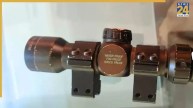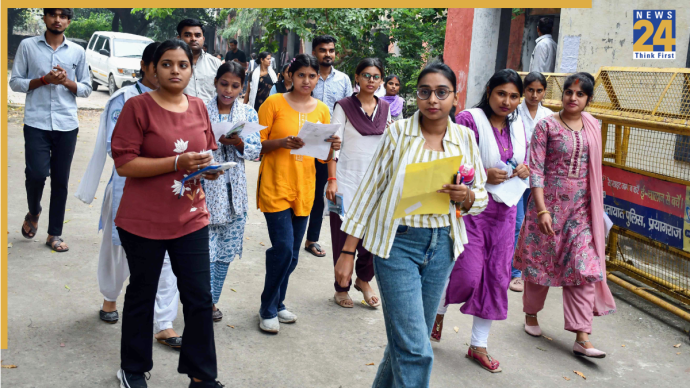India’s space organization ISRO is set for the 100th launch from Sriharikota’s Satish Dhawan Space Centre. This Indian Space Research Organization will achieve this with the GSLV-G15 mission. This mission is tentatively set for the launch on January 29 at 6:23 am.
🚀 Mark your calendars! The Launch of GSLV-F15/NVS-02 Mission is scheduled on 29th January 2025 at 06:23 hrs IST from SDSC SHAR, Sriharikota.
🎟️ Public can witness the launch from Launch View Gallery at SDSC SHAR, Sriharikota by registering through online from the following…---Advertisement---— ISRO (@isro) January 24, 2025
ISRO posted on their X handle about this launch and wrote that, “ark your calendars! The Launch of GSLV-F15/NVS-02 Mission is scheduled on 29th January 2025 at 06:23 hrs IST from SDSC SHAR, Sriharikota.”
They further mentioned that, “Public can witness the launch from Launch View Gallery at SDSC SHAR, Sriharikota by registering through online from the following link: https://lvg.shar.gov.in/VSCREGISTRATION/index.jsp…“
They mentioned that the registration process has commenced from 24th January 2025.
This launch will deploy the NVS-02 satellite, advancing India’s homegrown Navigation with the Indian Constellation System.
This GSLV-F15 will be the 17th flight of this GSLV. This marks the eighth operational flight of GSLV featuring a fully indigenous cryogenic stage. This portrays the advanced technology of ISRO.
This 100th launch will take place from Sriharikota. It will take place from the Second Lunch Pad, having metallic Payload fairing with a 3.4 diameter. The key objective of this launch will be to send the NVS-02 satellite into a Geosynchronous Transfer Orbit.
As quoted by Times of India, ISRO stated that, “The NVS-02 satellite is the second generation of NavIC satellites, featuring a standard I-2K bus platform. It will have a lift-off mass of 2,250 kg, power handling capability of around 3 kW, navigation payload in L1, L5, and S bands, ranging payload in C-band and will be positioned at 111.75ºE, replacing IRNSS-1E.”
The satellite features a mix of Indigenous and externally sourced atomic clocks for accurate time calculation. The NVS-02 is designed at UR Satellite Centre, which has undergone rigorous testing. Under this test comes thermovac and dynamic evaluations.












